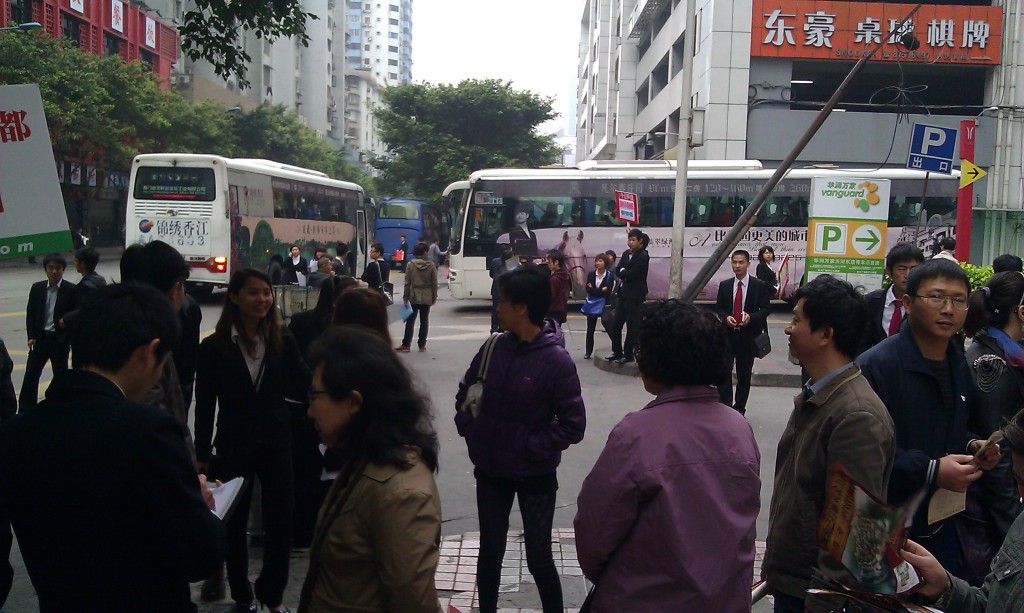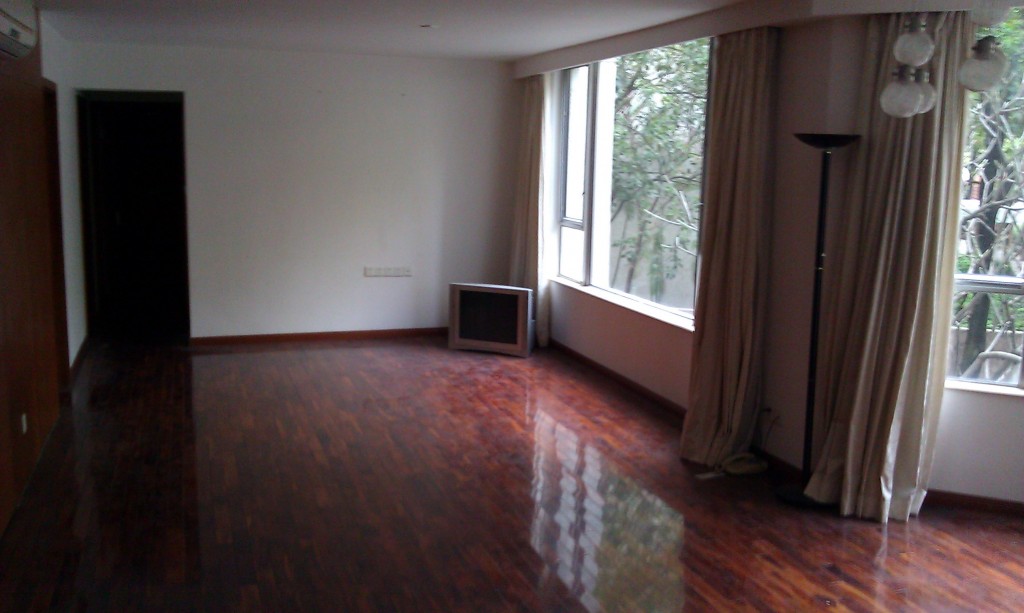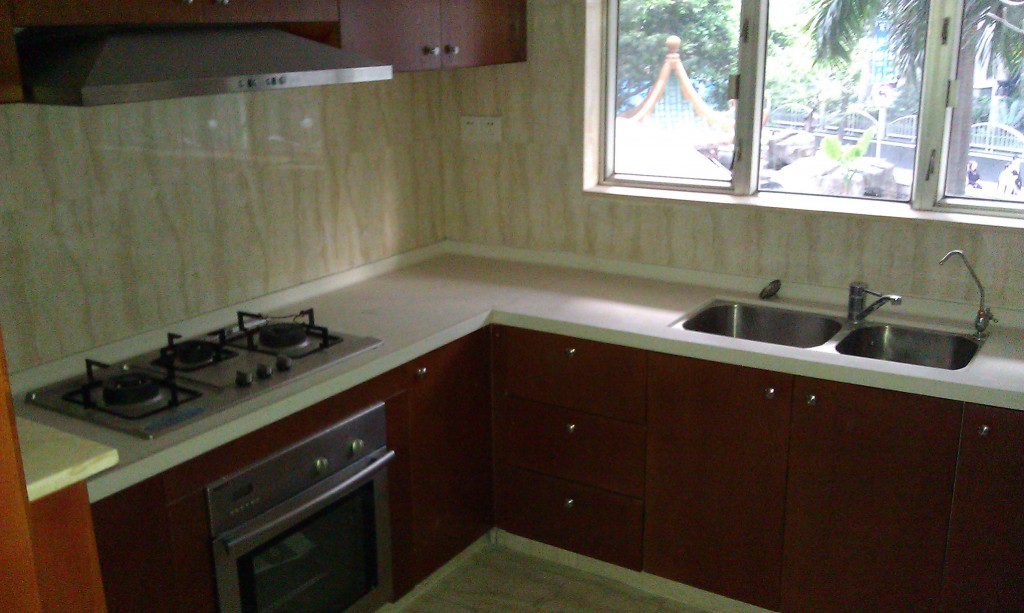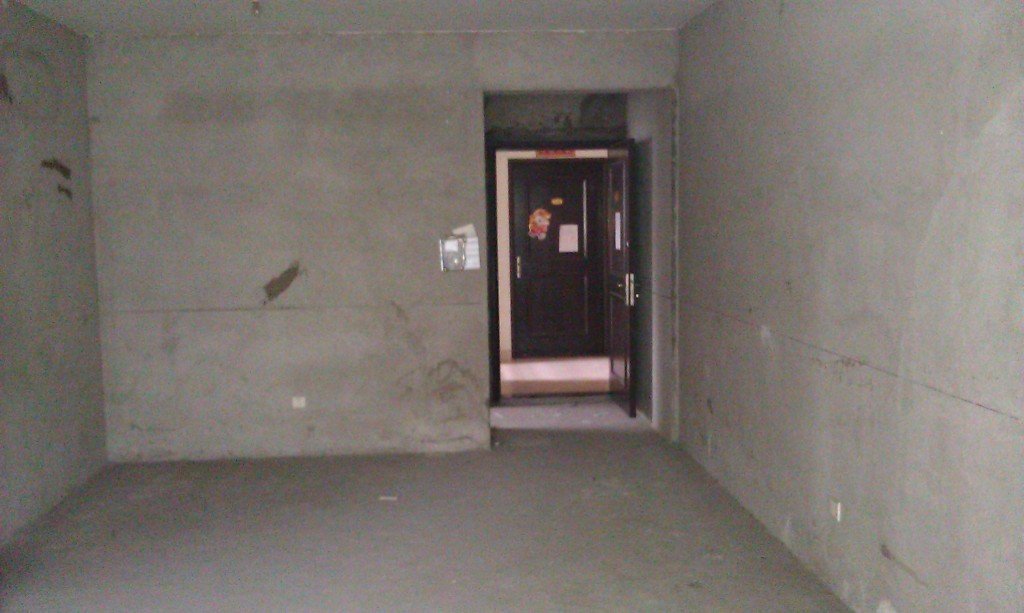Edited on June 03 to add a Starhub dividend payment I missed.
It’s over three months since my last post on the shares that I was looking to purchase to generate income through high dividend payments. Therefore, I thought it was about time to provide an update on my portfolio’s performance.
I have created a table to keep track of my stock purchases including the dividends paid and the profit/loss thus far.
| Stock | Date Purchased | Purchase Price |
Market Price | Profit/Loss |
| SPH | 16/02/11 | $3.98 | $3.86 | -3.02% |
| Singtel | 22/02/11 | $2.92 | $3.21 | 9.86% |
| Singtel | 18/03/11 | $2.87 | $3.21 | 11.77% |
| SP Ausnet | 16/02/11 | $1.14 | $1.20 | 5.45% |
| Starhub | 16/02/11 | $2.62 | $2.79 | 6.57% |
| SingPost | 16/02/11 | $1.17 | $1.14 | -2.48% |
| Stock | Dividend | Total Profit/Loss (Capital+Dividend) |
| SPH | $0.07 | -1.26% |
| Singtel | $0.19 | 16.36% |
| Singtel | $0.19 | 18.38% |
| SP Ausnet | $0.052 | 10.02% |
| Starhub | $0.10 | 10.39% |
| SingPost | $0.025 | -0.34% |
Looking at the numbers thus far, I have made a 5% profit on the capital (including purchasing costs), which increases to an 9.1% profit when including announced dividends. Given most of the purchases were in the middle of February that equates to more than 15% p/a and 27.5% p/a respectively. This is better than what I had expected, although it was helped by some companies paying special dividends on top of their normal payouts.
However, I’m now getting a bit nervous about the overall world economy for a few reasons:
- Growing Euro Zone debt problems.
- USA debt ceiling negotiation problems.
- End of Quantitative Easing II (QEII) in June.
- Signs of growing inflation and slowing global economic growth.
Any one of the above could cause a pull back on the markets and any combination would probably cause major drops. Therefore, I’m very tempted to get out of the market with the gains that I have already made.
Unfortunately I can’t just sell all the shares to take the stated profit and run. As I mentioned above the calculations include announced dividends, not paid dividends. Some companies are quite tardy in their payments (Singtel hasn’t even announced payment dates!), while others are relatively quick to payout (SPH).
SPH paid its dividend on May 24, 2011, while Starhub is next in line to pay on June 02, 2011. Unfortunately SPH’s share price has gone down since I purchased it, but I’m happy to hold on to the stock for the moment. Starhub is looking quite attractive at $2.79, to take both the dividend and capital gain, for roughly an 9% profit after costs. I’m also tempted to sell my Singtel shares at $3.21, but I really want that nice dividend, so I’ll wait for the payment dates to be announced before making a final decision.
SP Ausnet is a special case with the dividend payment due at the end of June, right when I expect the end of QEII to be making people have a serious think about their market exposure. If things do go pear shaped then the Aussie dollar would likely pull back against the Singapore dollar. This would decrease the value of both the share price and dividend of SP Ausnet, so depending how things go I may have to just take the capital gain and forget about the dividend. I can always buy the stock on the Aussie share market if the Aussie dollar dives and then make some gain on the currency once it recovers too.
I did know that the problems I listed above were likely to bite in the middle of this year, so I was quite prepared to get out of the share market around this time. Therefore, I feel like I’m becoming a bit of a short term investor, rather than a long term buy-and-hold investor. This has made me wonder if many people have much luck with a hit and run investment approach on high dividend paying stocks. That is, an investor purchases the share before the price build up in anticipation of the dividend payout and then sells again once the stock recovers from its expected post dividend drop. This would limit an investor’s exposure to major shocks, while still maintaining the income stream. There are the higher buying and selling costs to consider if using this method. I’d be interested to know if anyone has tried this? Feel free to drop a comment below!
Disclaimer: The above is my own opinion and not financial advice.





